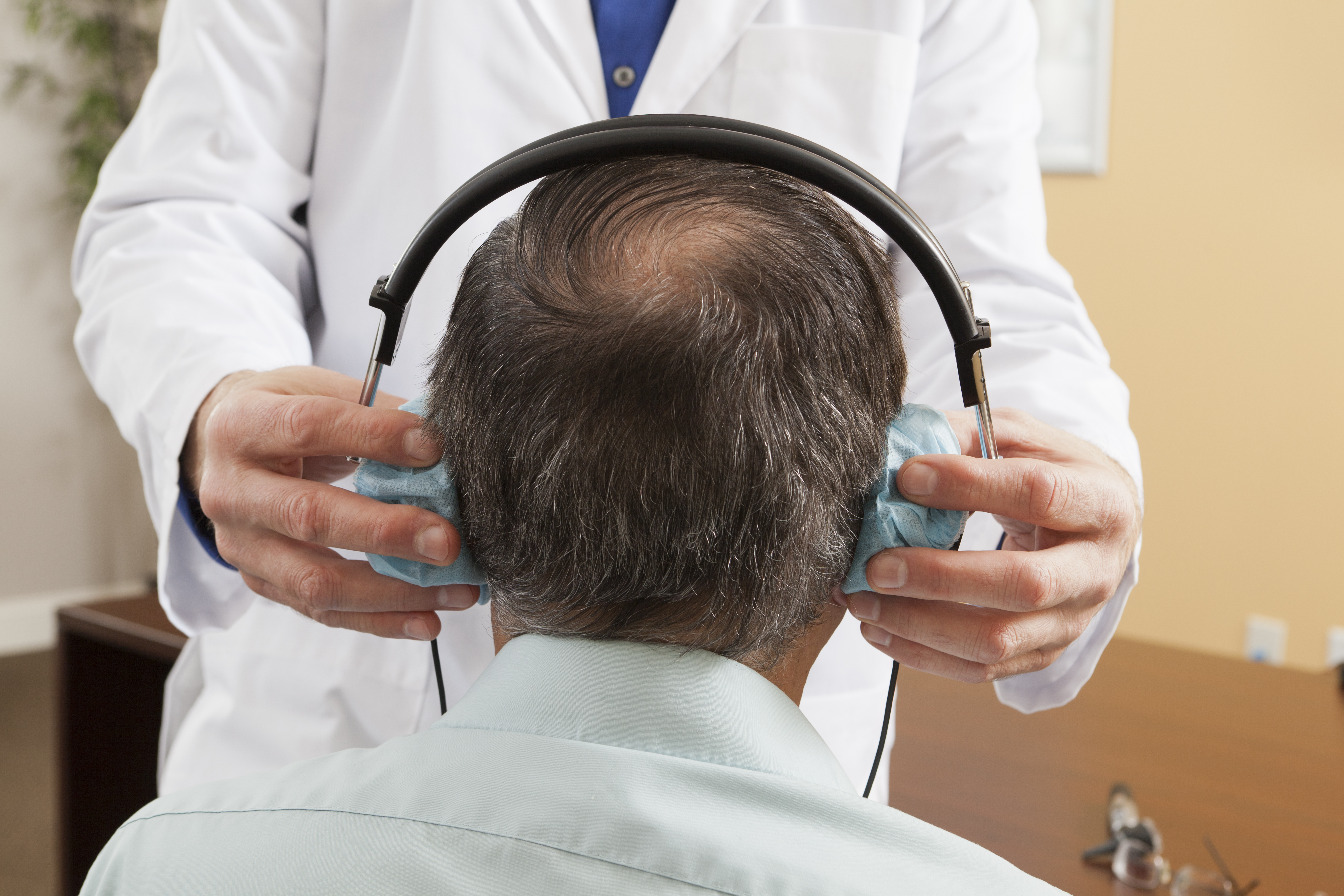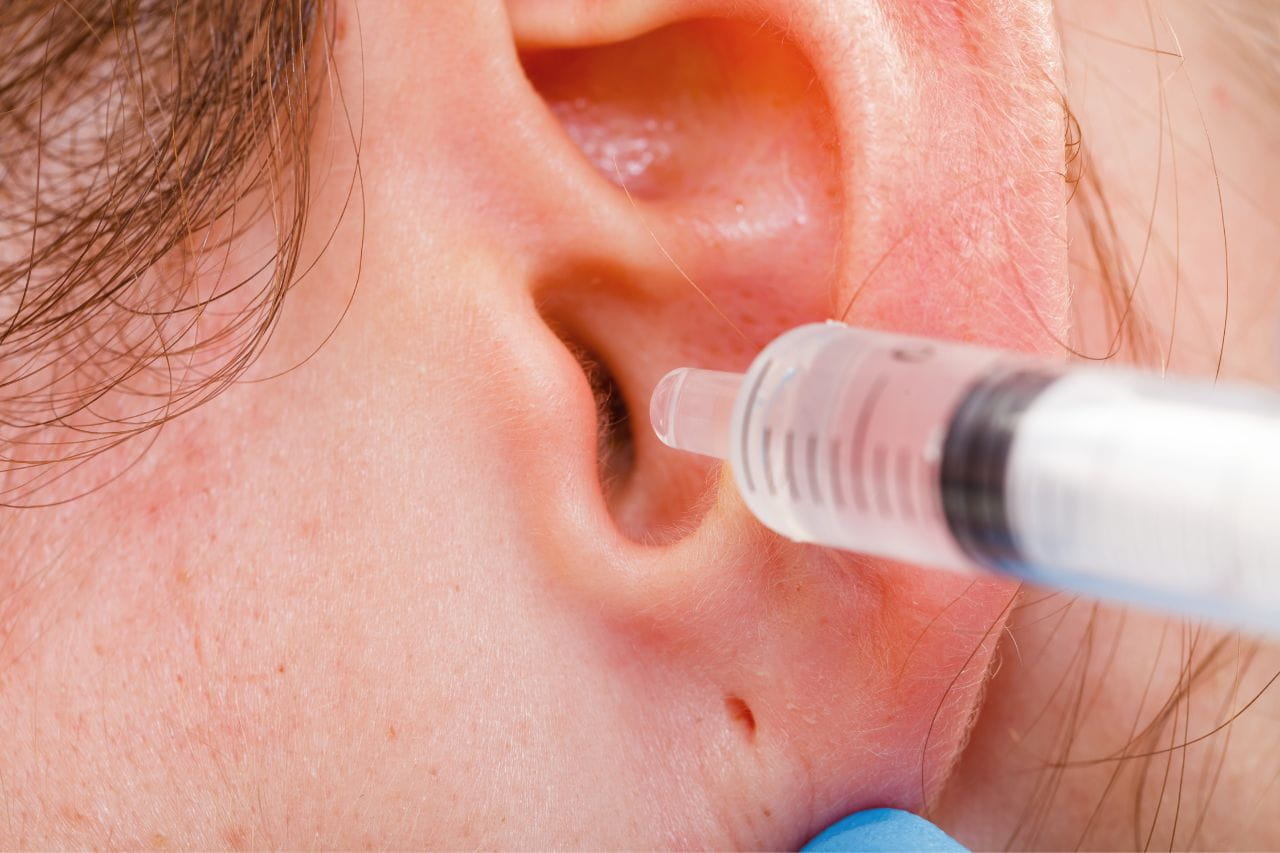Audiologists and other healthcare providers use various types of hearing tests to confirm adequate hearing function or identify and measure hearing loss. These safe, painless evaluations help them diagnose hearing problems and determine the best treatment.
Often performed in a soundproof booth and with special headphones, the hearing loss tests produce results that are documented in an audiogram — a visual representation of a person’s hearing deficit.
Hearing Tests for Adults and Children
Healthcare providers can perform hearing tests on people of all ages. Typically, babies get hearing assessments soon after they’re born. Hearing tests are also standard for school-aged children and teens at school or in well-child doctor visits.
In addition, the assessments are essential for anyone experiencing hearing loss, including age-related hearing loss that people commonly first experience in their 50s or 60s.
Types of Hearing Tests
Multiple factors can contribute to hearing loss. Consequently,
audiologists can perform several types of hearing tests to identify the exact cause of hearing problems.
Pure tone testing
Also called pure tone audiometry, this hearing test uses air conduction to assess your ability to detect sounds at various volumes and pitches. You sit in a soundproof booth wearing headphones for this assessment. When you hear a sound, you raise your hand or press a button to alert the audiologist.
Bone conduction testing
This hearing test evaluates your inner ear’s response to sound. The audiologist places a conducting device behind your ear, sending subtle vibrations through the bone to your inner ear. Comparing the results of this test to others helps the audiologist pinpoint the cause of any hearing problem they detect.
Speech testing
This hearing test measures your speech reception threshold (SRT). That’s the faintest speech you can understand 50% of the time. The test can be given in a quiet room or a noisy environment. The latter helps the audiologist measure your ability to separate speech from background noise.
Tympanometry
This test focuses on the movement of your eardrum in response to air pressure. Your eardrum must be able to move freely to transmit sounds to your inner ear. Audiologists use the assessment to detect buildups of wax or fluid, eardrum perforations, and tumors. It involves gently inserting a small probe into your ear to push air against the eardrum and measure the response.
Acoustic reflex testing
Your middle ear has muscles that contract involuntarily (meaning without any effort on your part). This test uses a small probe inserted in your ear to evaluate whether those contractions are occurring as they should. The results can help an audiologist determine the location of your hearing loss, which can be due to problems in the cochlea, ossicles, auditory nerves, etc.
Auditory brainstem response (ABR)
This test determines whether a specific type of hearing loss (called sensorineural) is present. Audiologists commonly perform it on newborns. Electrodes attached to the scalp measure the brain’s response to sounds of various intensities provided by headphones.
Otoacoustic emissions (OAEs)
Otoacoustic emissions are vibrations of hair cells in the cochlea in the inner ear. This test uses a tiny probe that has a microphone and speaker to stimulate the cochlea and assess its response. Audiologists use the results to determine if an ear canal blockage, fluid buildup, or damage to hair cells is causing hearing loss.
Weber hearing test
A Weber test uses a tuning fork to detect hearing loss. The tester strikes the device to make it vibrate and then places it in various spots on the head and face — forehead, top of the head, above the upper lip, etc. The patient reports whether the sound is equal in the ears or louder in one of them.
Get Help with Hearing Loss from Baptist Health
Protecting your hearing and compensating for hearing loss are essential to a good quality of life. If you have concerns about your hearing, talk with your primary care physician. If appropriate, they can refer you to
Baptist Health’s audiology experts for auditory testing, diagnosis, and treatment that can help improve your hearing.




.jpg?rev=5ec7fdcba4b24c3bbdb6146dc1d3a1e5)